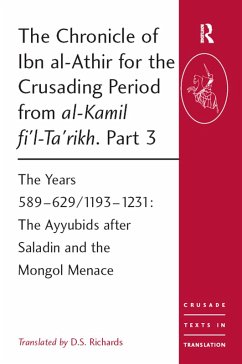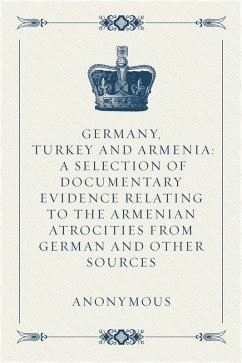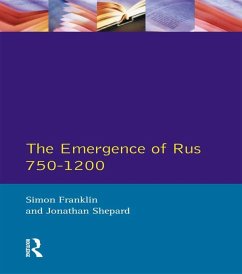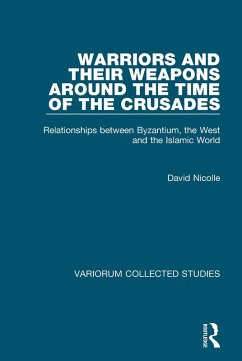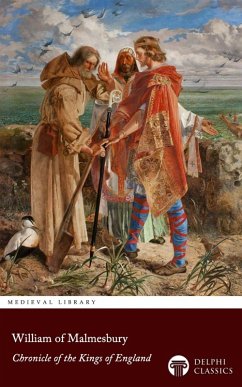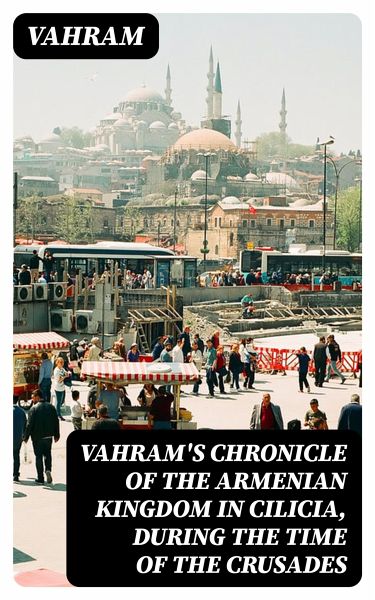
Vahram's chronicle of the Armenian kingdom in Cilicia, during the time of the Crusades (eBook, ePUB)

PAYBACK Punkte
0 °P sammeln!
Vahram's "Chronicle of the Armenian Kingdom in Cilicia during the Time of the Crusades" serves as a pivotal historical narrative that intricately weaves the tale of the Armenian experience amidst the tumultuous backdrop of the Crusades. Vahram employs a rich tapestry of lyrical prose and vivid descriptions, presenting a unique perspective shaped by his background as a contemporary Armenian chronicler. His work reflects the complexities of cultural exchange, political machinations, and the strife that characterized this period, positioning the Armenian kingdom within the greater narrative of me...
Vahram's "Chronicle of the Armenian Kingdom in Cilicia during the Time of the Crusades" serves as a pivotal historical narrative that intricately weaves the tale of the Armenian experience amidst the tumultuous backdrop of the Crusades. Vahram employs a rich tapestry of lyrical prose and vivid descriptions, presenting a unique perspective shaped by his background as a contemporary Armenian chronicler. His work reflects the complexities of cultural exchange, political machinations, and the strife that characterized this period, positioning the Armenian kingdom within the greater narrative of medieval Christendom and its confrontations with both Islamic entities and fellow Christian factions. Vahram, a prominent figure in Armenian literature, undoubtedly drew inspiration from his own life experiences- an era marked by both glory and peril for the Armenian people. Living at the intersection of diverse cultural influences, he sought to document the struggles and triumphs of his kingdom, ensuring that the rich legacy of Armenian resilience and adaptation during the Crusades would not be lost to history. His access to royal courts and ecclesiastical chronicles has provided invaluable insights, bridging gaps between religious identities and geopolitical ambitions. This chronicle is highly recommended for scholars, historians, and general readers alike who seek a deeper understanding of the Armenian contribution to medieval history. Vahram's detailed observations and passionate narrative command attention, making it an essential work for anyone interested in the interplay of cultures during a pivotal epoch in history.
Dieser Download kann aus rechtlichen Gründen nur mit Rechnungsadresse in A, B, BG, CY, CZ, D, DK, EW, E, FIN, F, GR, H, IRL, I, LT, L, LR, M, NL, PL, P, R, S, SLO, SK ausgeliefert werden.





